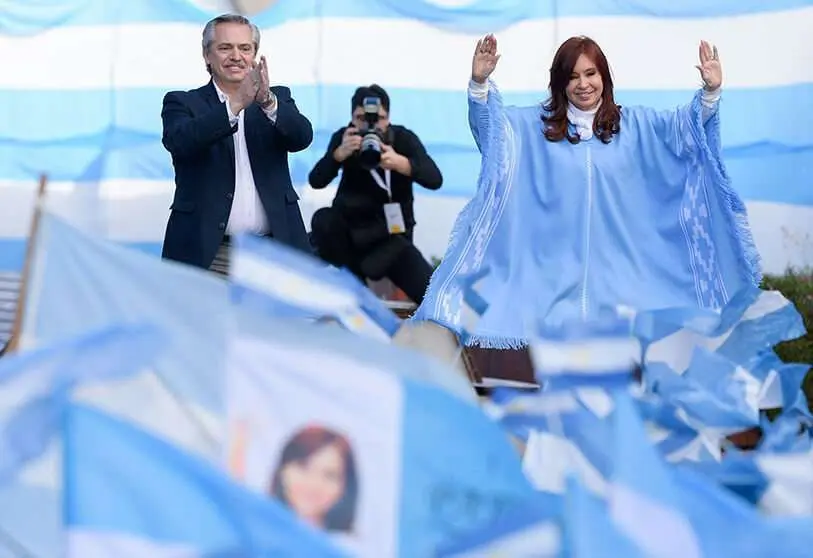PASO brings Argentina one step closer to change

Established in 2009, the PASO are Primary, Open, Simultaneous and Compulsory elections that define two things: which parties are qualified to run in the next legislative elections on 14 November, for which it is necessary to obtain at least 1.5% of the valid votes cast, and also to define the list of candidates that will represent each party in those same elections.
Last Sunday's PASO elections were an unmitigated disaster for the most left-wing Peronism, commonly known as Kirchnerism, led by President Alberto Fernández and his vice-president and true leader of the movement, Cristina Fernández. The latter has lost three mid-term elections (2012, 2015, 2017), and with only two months to go before the next one, this primary debacle augurs a resounding defeat. Unless, of course, the change of direction that the Fernández-Fernández tandem could be preparing is so far-reaching that it substantially modifies the malaise evidenced by Argentine citizens in the primaries.
In addition to the ten points that separate the lists of the ruling Frente de Todos from the Juntos por el Cambio coalition, which elevated Mauricio Macri to the presidency of the nation, the Peronist debacle has been particularly dramatic both in the province of Buenos Aires (38.3% compared to 33.5%) and in the capital itself (48.27% compared to 24.62%). If one takes into account that this is Cristina Fernández's fiefdom, it seems clear that the imprint of Néstor Kirchner's widow is languishing.
Alberto Fernández arrived at the Casa Rosada in December 2019, three months before the first case of Covid-19 was registered in the country. He imposed one of the longest and most drastic confinements in the world, which has prevented neither the 113,000 deaths recorded so far nor, above all, a violent economic recession in an increasingly unequal and impoverished Argentina. His government has a string of negative recession figures - 9.9% in 2020 - but also galloping inflation: 29.1% in the first half of 2021.
The mismanagement of the pandemic has been the trigger for public unrest, but the explosive source of discontent is undoubtedly the economic situation, which Argentinians see no realistic prospect of improvement.
As if that were not enough, mistakes such as the massive, strident and unsecured celebration of the birthday of President Fernández's wife have added fuel to the fire of criticism, which is focused on the arrogant behaviour of the Kirchnerist leadership.
From the conclusion of the analysis being carried out by the presidential tandem, it is clear that there are only two options available to them in the two months remaining before the elections: radicalisation or a moderate change of course. If the former is chosen, it is doubtful that Argentines will allow themselves to be duped once again by ideological confrontation when it is harder and harder for them to fight for their livelihoods. If they prefer to "change course and correct mistakes", they will nevertheless need measures so forceful and far-reaching that they can be appreciated by the public in such a short period of time.
On 14 November, 127 of the 257 seats in the Chamber of Deputies and 24 of the 72 in the Senate will be up for grabs. If the Juntos por el Cambio coalition wins in both, it will be almost impossible for the Fernandezes to finish their term in the Casa Rosada.

